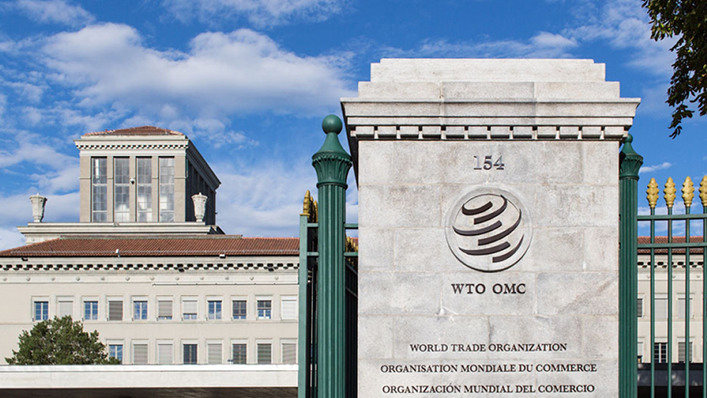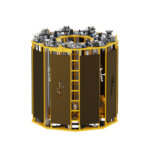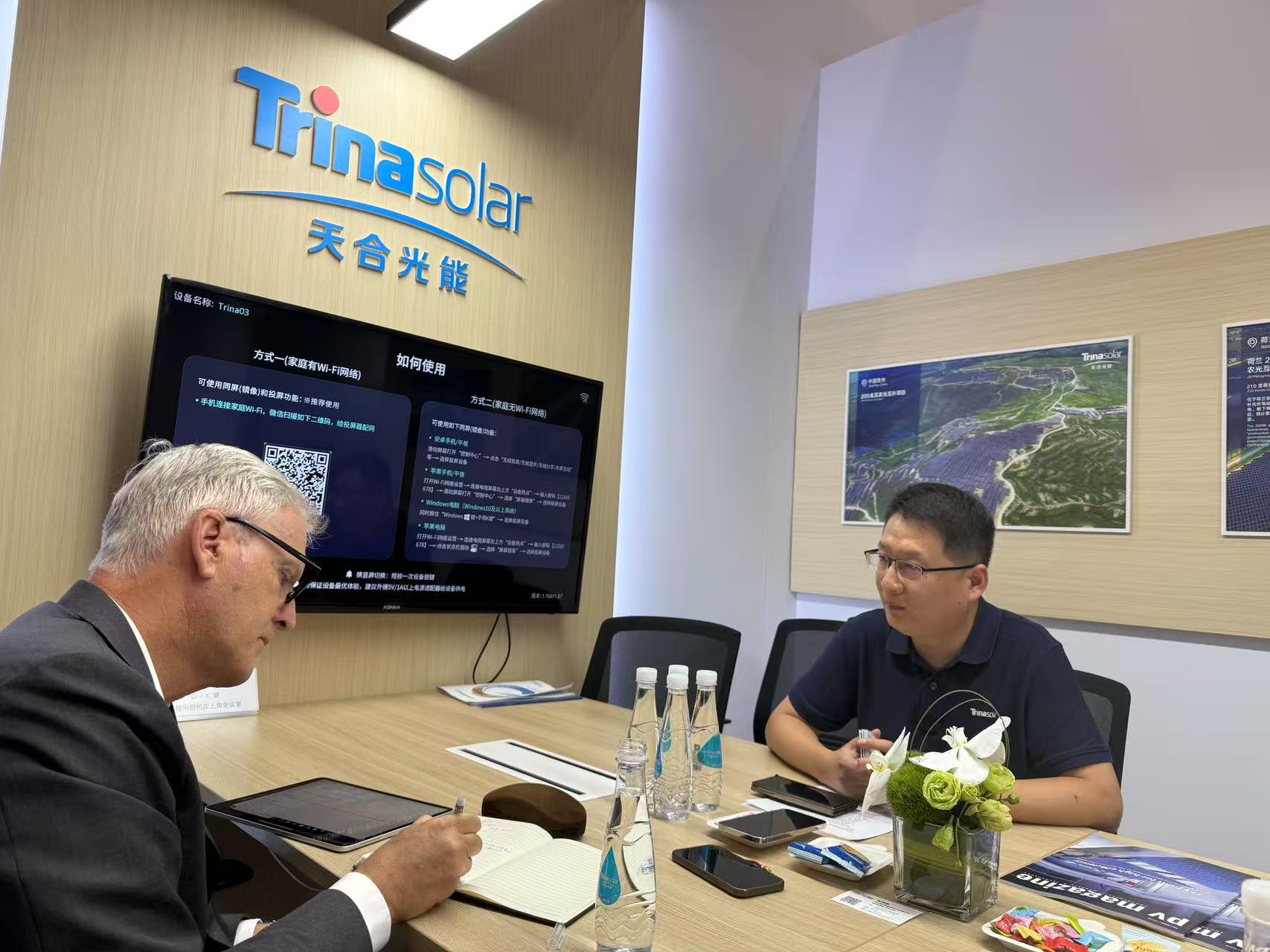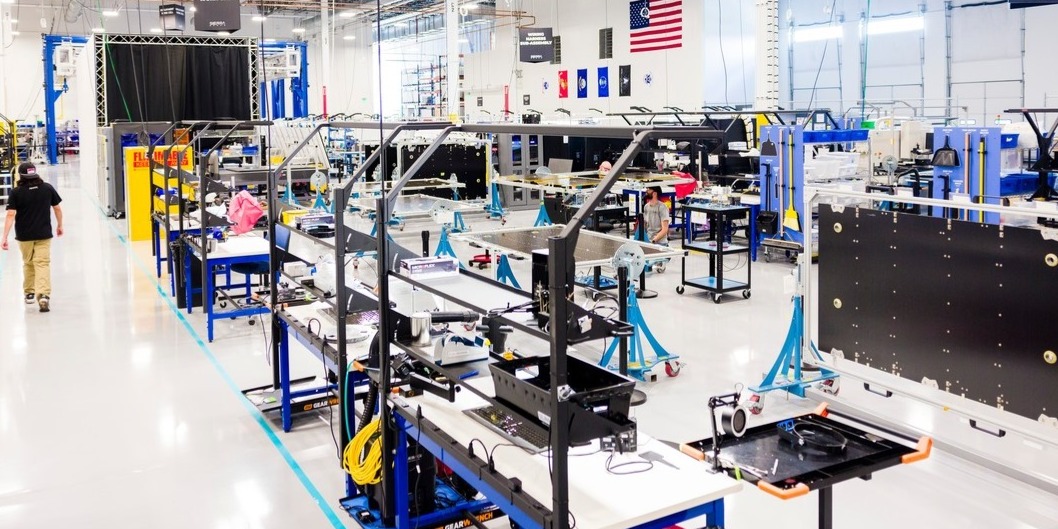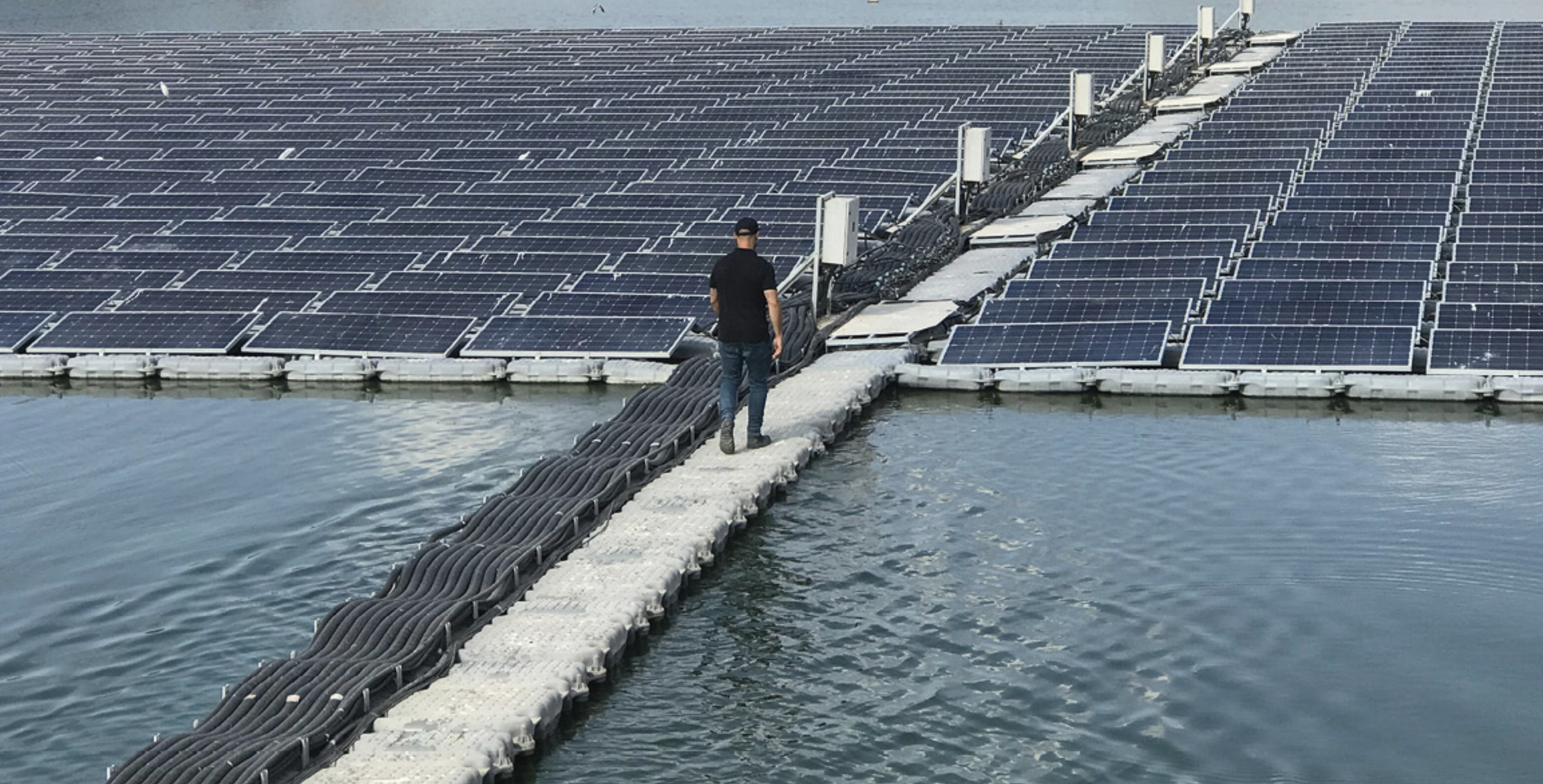Waga Energy doubles WAGABOX production capacity
In France, landfill gas to biomethane technology provider Waga Energy SA has opened a new industrial facility in the French Alps to double the production capacity of its WAGABOX units. This new workshop will play a key role in meeting rising global demand for renewable natural gas (RNG) and supports the company's expansion into seven countries.

Typically sited at landfills, WAGABOX units use cryogenic distillation combined with membrane filtration to extract methane from landfill gas (LFG).
This unique, patented process is a global first. The cryogenic equipment is built by long-standing partner Ravanat, known for its high-performance industrial standards.
With this strategic investment, Waga Energy is set to double its production capacity and support its ambitious growth plans abroad. The new facility enhances Waga Energy’s quality control, agility, and technological independence.
Precision metal fabrication
The facility will be jointly operated with Ravanat. With over 25 years of experience in the manufacture of cryogenic equipment, Ravanat has been a key industrial partner of Waga Energy since the manufacture of its first WAGABOX unit in 2016.
Founded in the late 1970s, the company manufactures high-value-added boiler work using technological expertise that makes it one of the world’s leaders in the field.
Based near Waga Energy’s headquarters in Grenoble, Southeastern France, Ravanat employs 40 people and generates 25 percent of its revenue through exports.
Very few companies have the specialized welding skills that Ravanat’s team brings. Having our industrial partner on-site is therefore a strategic advantage. It allows us to work with confidence, it gives us greater control over our technology and better coordination for future projects, emphasized Nicolas Paget.
A decade of innovation and growth
Since its founding in 2015, Waga Energy has experienced sustained growth. The first WAGABOX unit was commissioned in France in 2017.

Very quickly, the founders decided to export their solution to the United States (US), Canada, and Spain.
The company now also operates in three other countries: Italy, the United Kingdom, and Brazil.
To date, Waga Energy has installed 31 RNG production plants across two continents, with 19 more units currently under construction.
These operational units represent 5.2 million MMBtu/annum (1.5 TWh per annum) of installed capacity — roughly equivalent to the production of 44 million (US) gallons (168 million litres) of gasoline, or the annual gas consumption of 250,000 average French households.
This international expansion has been made possible by a technological breakthrough that offers exceptional performance in separating methane from other gases.
Standardized yet adaptable
WAGABOX units are standardized and are adaptable to landfill sites, regardless of gas quality, and require no constraints for site operators.
Waga Energy’s long-term business model—acting as developer, financier, and operator for 10 to 20 years—ensures consistent and sustainable growth.
We aim to install WAGABOX units across Europe, North and South America, and even possibly expand into Eastern Europe and Asia, explained Guénaël Prince.
In early 2025, Waga Energy opened a Brazilian subsidiary to tackle Latin American markets, including Colombia and Mexico.
The company’s growth has also been achieved thanks to its employees. Staff growth has kept pace, rising from just 15 people in 2017 to 250 in 2024. That number is expected to reach 300 by the end of 2025.
A renewable alternative to fossil fuels
The three co-founders are deeply committed to climate and earth issues, an added dimension that contributes to the company’s success. Producing affordable RNG using high-performance technology from a methane-emitting sector is a vital challenge for them.
Methane (CH4) is a powerful greenhouse gas (GHG), 80 times more potent than carbon dioxide (CO2) over 20 years. However, it can be captured and transformed from a pollutant into a local, renewable energy source that can replace fossil fuels.
Methane emissions are an extremely critical issue and an urgent priority in the fight against climate change. However, we are having a major positive impact on these emissions thanks to WAGABOX units, and we need to step up our efforts. Our mission is to accelerate the energy transition by scaling up our RNG production every year. Since 2017, we have prevented the emission of nearly 280,000 tonnes of carbon dioxide equivalents (CO2eq) into the atmosphere. For the past ten years, we have been driven by a desire to work for the common good, said Mathieu Lefebvre, CEO of Waga Energy.
What's Your Reaction?










